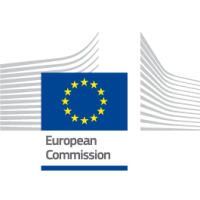
Trauma-informed teaching
In today’s educational landscape, teachers are increasingly finding themselves at the intersection of pedagogy and mental health. This is especially true in the context of educating refugee children, who often carry with them an array of experiences.
Webinar information
Description
Trauma-informed approaches aims to transform educational spaces to support the mental health and psychosocial wellbeing of all children and a conducive learning space.
How can educators create safe and supportive learning environments that consider the unique challenges faced by students? What specific strategies can be adopted to ensure that educational practices are sensitive to their psychosocial needs? How can teachers and educators be supported in assuming this role?
This webinar will explain about the foundations of trauma-informed approaches, and what impact it can have on students’ wellbeing, engagement and academic achievement. Secondly, they will explore some practical applications to showcase how we can prepare teachers ( classroom management techniques for creating a supportive learning environment, practical strategies for providing psychosocial support). The webinar will build on key lessons and experiences from REFUGE-ED project.
More information about the project featured in the webinar
REFUGE-ED brings together two fields of expertise: education and mental health and psychosocial support (MHPSS) in humanitarian settings to improve academic achievement and the dynamic integration of migrant, refugee, and asylum-seeking children.
In close collaboration with children and families, communities, civil society organisations, local service providers, schools, and teaching staff and policymakers, the project develops a catalogue of evidence-based educational practices and tools that can be scaled and adapted to fit specific contexts and needs.
Webinar recording
Presentations and further information
- Nicholas Ockenden: The Brokering Knowledge Platform
- Sarah-Kate van der Walt: Trauma-informed approaches and practices in the classrooms when working with children with migratory backgrounds
About the speakers
Additional information
-
Language:English
-
Target audience:TeacherStudent TeacherTeacher Educator
-
Target audience country:
-
Target audience ISCED:Primary education (ISCED 1)Lower secondary education (ISCED 2)


